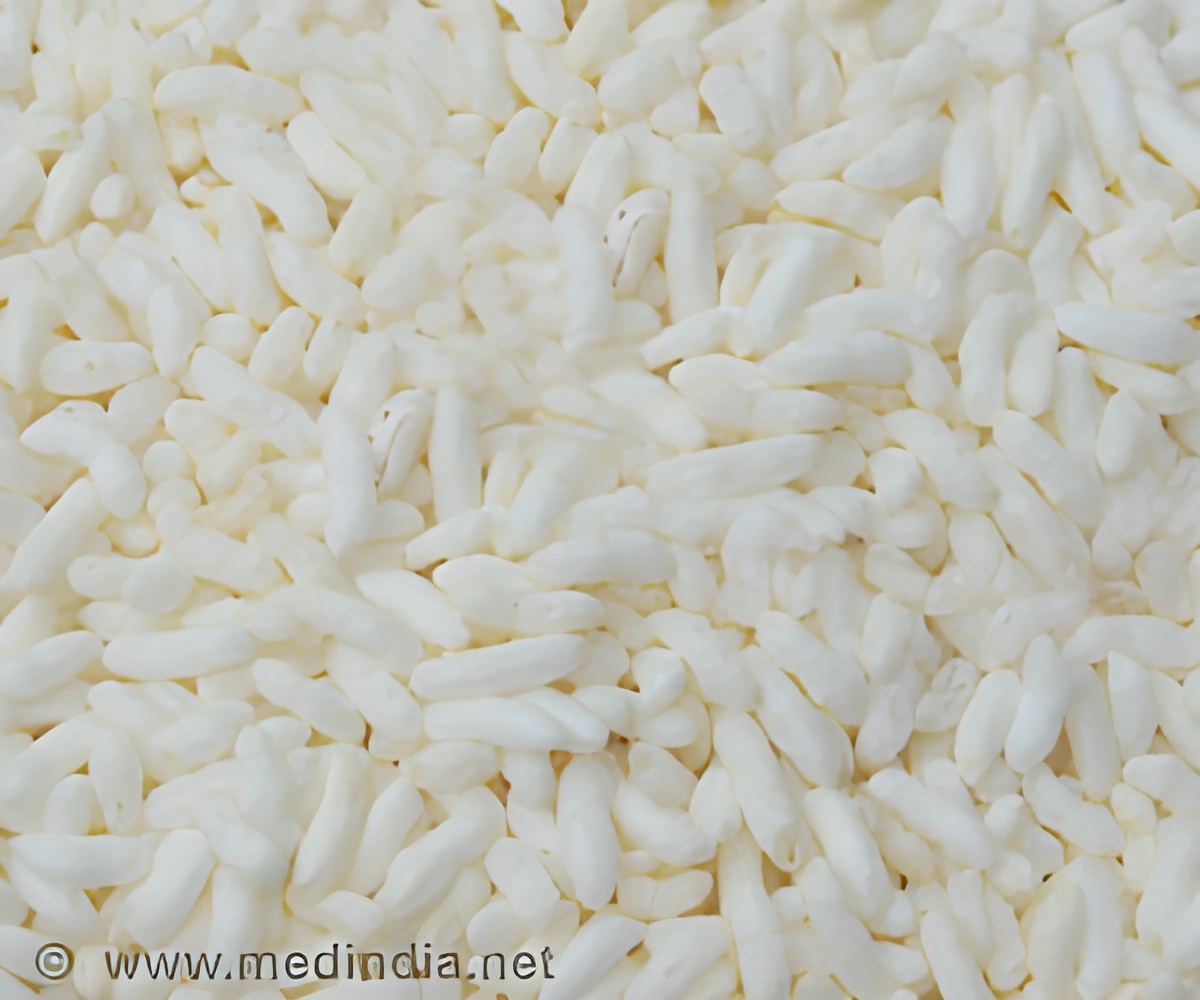
Receptors are specialized proteins that can recognize molecular patterns associated with disease-causing microbes, including bacteria and fungi, at the beginning of an infection. These receptors are found on the surface of plant cells, and they play a key role in the plant’s early warning system. Some of these receptors, however, occur only in certain groups of plant species.
During this study, Schwessinger and colleagues successfully transferred the gene for an immune receptor from the model plant Arabidopsis, a member of the mustard family, into rice. The rice plants that subsequently expressed this gene and produced the related immune receptor proteins were able to sense Xanthomonas oryzae pv. oryzae, an important bacterial disease that affects the rice crop.
The findings appear online in PLOS Pathogens.
Source-Medindia














